Read Research and Innovation Stories
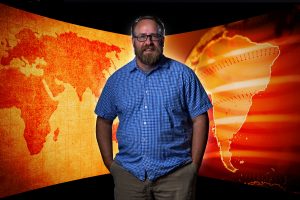
Data Displaced
When natural hazards destroy homes and livelihoods, where do people go? Geographer Clark Gray searches for them using data.
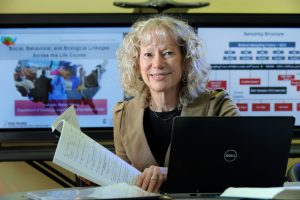
Researchers receive $25.3 million to study potential risks for Alzheimer’s disease
UNC-Chapel Hill and Duke scholars have received a five-year, $25.3 million National Institute of Aging (NIA) award to address gaps in our understanding of potential risks for Alzheimer’s disease and Alzheimer’s disease- related dementias (AD/ADRD).
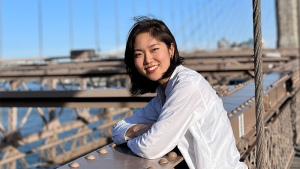
Environmental scientist looks at climate from all angles
Incoming doctoral student Ruitian Yan wants to help vulnerable communities safely manage their risks, including financial.
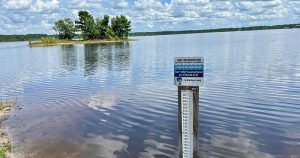
Engaging communities in Carolina research
The Center for Public Engagement with Science gets North Carolinians involved in UNC-Chapel Hill research — including a unique project with NASA that educates volunteers about lakes in their own communities. Tamlin Pavelsky in the College is involved in one of the projects.

Rooted: György “Hínár” Schrader Polczer, 22 years in the department of biology
György “Hínár” Schrader Polczer has worked for UNC-Chapel Hill for 22 years as a technology support analyst for the Department of Biology within the UNC College of Arts and Sciences.
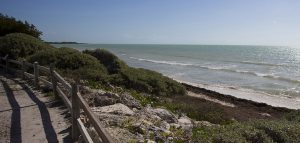
Study: Sea level rise shifts habitat for endangered Florida Keys species
A new study describes the response to sea level rise by an endangered species only found in the Florida Keys. Paul Taillie, the lead author, completed the study as a postdoctoral researcher at the University of Florida and is now an assistant professor of geography at UNC.
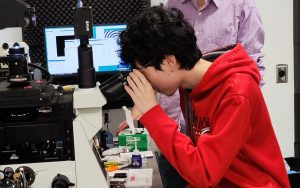
Using “optical tweezers” to advance nanomedicine
Zijie Yan, associate professor of applied physical sciences, is using light to tackle significant challenges in the field of nanoscience.
